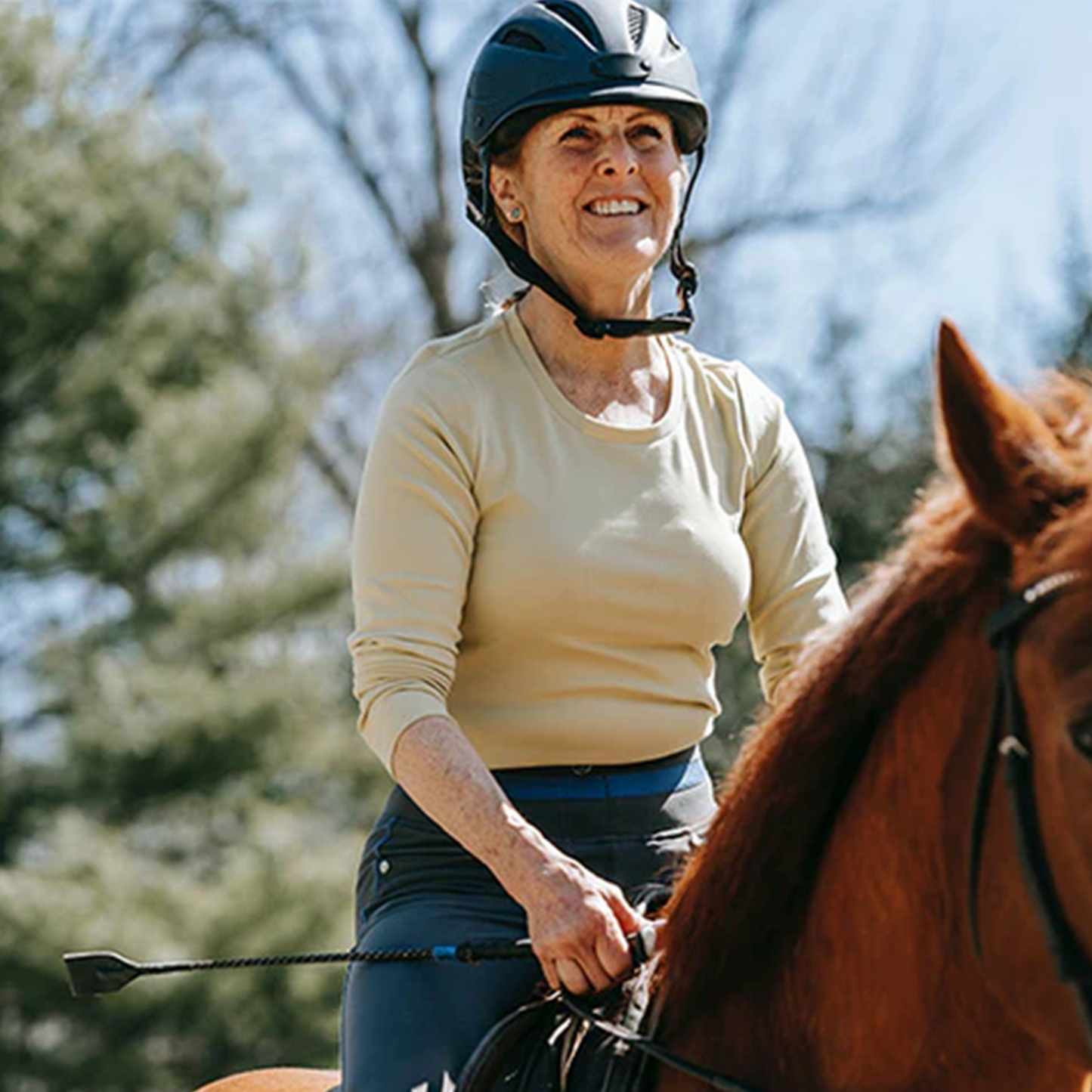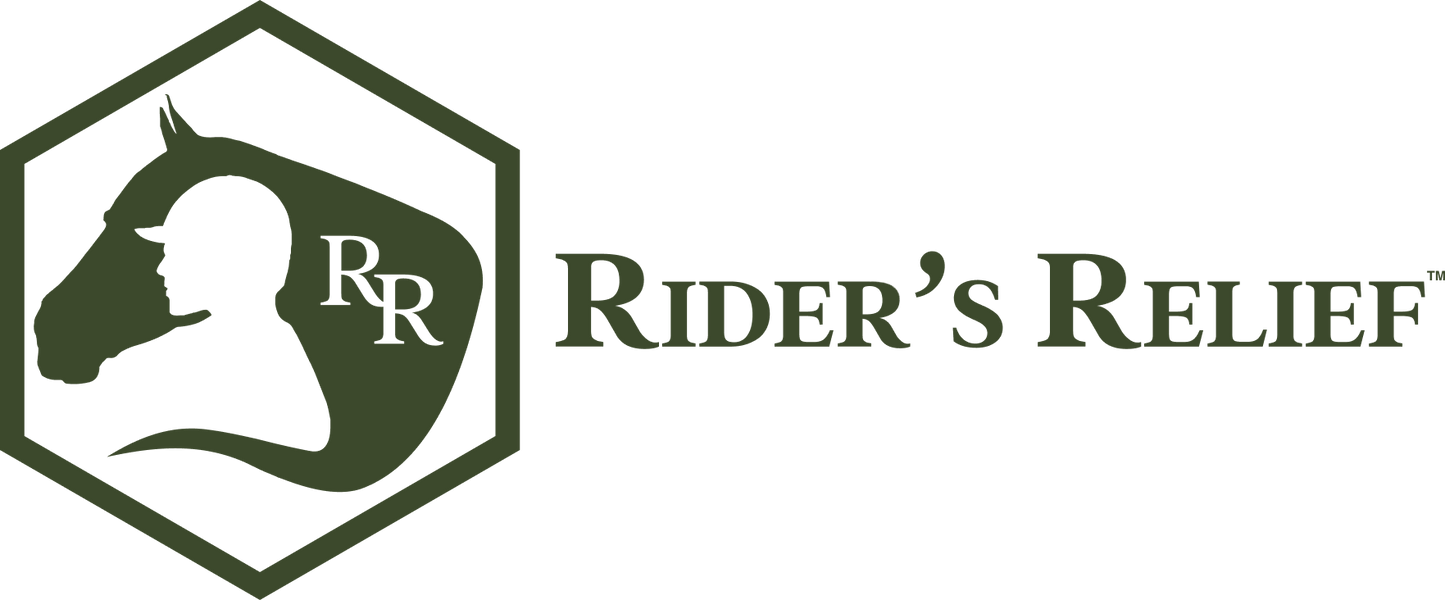
Introduction
Equestrian sports have long been celebrated for their harmony between humans and horses. Successful riders are often those who can establish a deep and trusting connection with their equine partners. However, the impact of equestrian anxiety on horses is a topic of growing interest in the equestrian and scientific communities. This post summarizes the scientific studies and research that explore the effects of anxiety in equestrians on their horses.
The Human-Horse Connection
Equestrians often refer to their horses as "partners" or "teammates," highlighting the importance of a strong bond between rider and horse. The connection between human and horse goes beyond physical skill; it's also about communication, trust, and emotional well-being. Recent studies have suggested the psychological state of the equestrian can significantly influence the horse's behavior and performance.
Understanding Equestrian Anxiety
Anxiety is a common emotion experienced by equestrians, both novice and experienced riders. It can be triggered by various factors, such as competition pressure, fear of falling, or even a challenging training session. Scientific studies have shown that increased levels of anxiety in equestrians can impact their horses in several ways.
1. Physiological Synchronization:
Research by Dr. Ellen Gehrke at the University of Sussex has demonstrated that horses and humans can exhibit physiological synchronization. When a rider experiences anxiety, their increased heart rate and muscle tension can transfer to the horse, causing the horse to become more anxious or agitated.
A study published in the Journal of Applied Animal Welfare Science by Dr. Anne-Marie Dalin and colleagues revealed that equestrian anxiety can lead to decreased horse performance. Horses tend to become more tense, uncooperative, and less focused when their riders are anxious, leading to reduced success in training or competitions.
Dr. Sue McDonnell, a well-known equine behaviorist, has extensively researched the effects of human emotional states on horse behavior. Her studies have shown that anxious riders may inadvertently reinforce unwanted behaviors in their horses due to inconsistent cues, excessive rein tension, or uncoordinated aids.
Effective communication between horse and rider is key to success in equestrian activities. A study in the journal Animals, conducted by Dr. Kate Fenner, indicated that anxiety in riders can lead to miscommunication and a breakdown in the rider-horse relationship. This can hinder the horse's ability to understand and respond to the rider's cues.
Managing Equestrian Anxiety
Recognizing the impact of equestrian anxiety on horses is the first step in addressing the issue. Here are some strategies to manage anxiety for both riders and their equine partners:
Conclusion
The impact of equestrian anxiety on horses is a scientifically supported phenomenon that deserves attention within the equestrian community. Understanding how anxiety affects both humans and horses is crucial for maintaining a harmonious and productive partnership. By addressing and managing anxiety, riders can ensure a positive and fulfilling experience for themselves and their equine companions, ultimately leading to greater success and well-being in equestrian pursuits.
